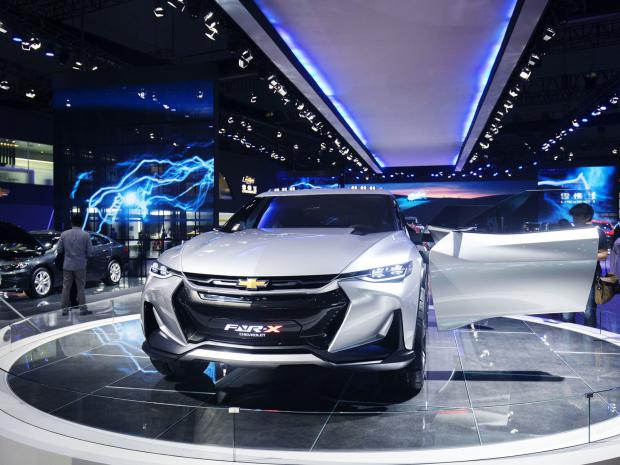
Breaking News
 The Pentagon Failed Its Audit Again. You Should Be Alarmed.
The Pentagon Failed Its Audit Again. You Should Be Alarmed.
 Cuban Crisis 2.0. What if 'Gerans' flew from Cuba?
Cuban Crisis 2.0. What if 'Gerans' flew from Cuba?
 Senate Democrats Offer Promising Ideas for Changing Immigration Enforcement
Senate Democrats Offer Promising Ideas for Changing Immigration Enforcement
 Never Seen Risk Like This Before in My Career
Never Seen Risk Like This Before in My Career
Top Tech News
 Critical Linux Warning: 800,000 Devices Are EXPOSED
Critical Linux Warning: 800,000 Devices Are EXPOSED
 'Brave New World': IVF Company's Eugenics Tool Lets Couples Pick 'Best' Baby, Di
'Brave New World': IVF Company's Eugenics Tool Lets Couples Pick 'Best' Baby, Di
 The smartphone just fired a warning shot at the camera industry.
The smartphone just fired a warning shot at the camera industry.
 A revolutionary breakthrough in dental science is changing how we fight tooth decay
A revolutionary breakthrough in dental science is changing how we fight tooth decay
 Docan Energy "Panda": 32kWh for $2,530!
Docan Energy "Panda": 32kWh for $2,530!
 Rugged phone with multi-day battery life doubles as a 1080p projector
Rugged phone with multi-day battery life doubles as a 1080p projector
 4 Sisters Invent Electric Tractor with Mom and Dad and it's Selling in 5 Countries
4 Sisters Invent Electric Tractor with Mom and Dad and it's Selling in 5 Countries
 Lab–grown LIFE takes a major step forward – as scientists use AI to create a virus never seen be
Lab–grown LIFE takes a major step forward – as scientists use AI to create a virus never seen be
 New Electric 'Donut Motor' Makes 856 HP but Weighs Just 88 Pounds
New Electric 'Donut Motor' Makes 856 HP but Weighs Just 88 Pounds
 Donut Lab Says It Cracked Solid-State Batteries. Experts Have Questions.
Donut Lab Says It Cracked Solid-State Batteries. Experts Have Questions.
In the Age of Trump, China Eyes Electric Car Dominance

Audi revealed the E-Tron Sportback concept, a potential Tesla Model X competitor. Volkswagen unveiled the Crozz, part of its post-Dieselgate, all-electric apology tour. Chevrolet, Buick, Renault, Citroen, and Jaguar showed off battery-powered cars. So did the local Chinese players, like Denza, Chery, Lynk & Co, and Nio.
Compare that scene to the 'bigger is better vibe of this month's New York International Auto Show, where Dodge showed off the atmosphere-punishing Demon and Volkswagen unveiled its enormous Atlas SUV, which will launch in the US with just one powertrain option: a V6 engine.
Announcing a new car in one place or another is a mostly symbolic choice, but the Shanghai show's emphasis on zero-emissions indicates an industry-wide shift in focus. Over the past decade, the US—home to Tesla, Chevy (maker of the Volt and Bolt), and a major market for Nissan's Leaf—has played the electric frontrunner. That's mostly thanks to regulations that demand automakers produce zero-emission vehicles alongside their profit-generating, gas-guzzling SUVs and pickups.



